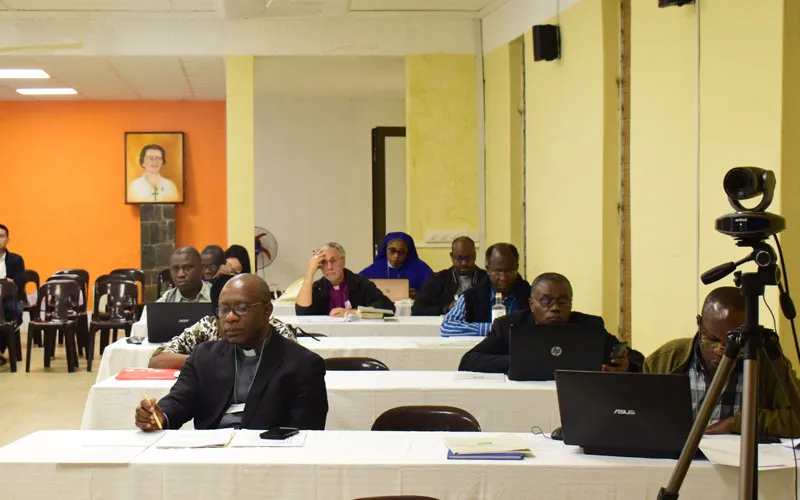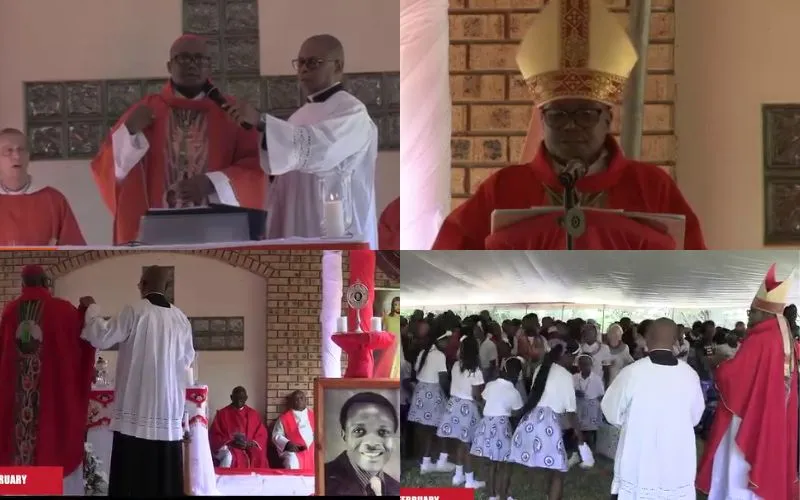“We call for greater awareness of the interdependence of all created beings, which also means that we are all dependent on one another and in a symbiotic relationship with the rest of creation,” they add in their statement issued at the Foyer de l’Unité in Souillac in Mauritius.
APECA members further “encourage greater respect and appreciation of the wisdom contained in the traditional African approach to nature, which is also expressed in symbols and in many forms of the traditional religious system.”
“We urge all to see creation as a gift from God to be accepted with responsibility, and to avoid selfishness and abuse of other creatures, both human and non-human species,” they say in their statement at the end of their 20th congress held under the theme, “Bible and Ecology: Contribution of African Bible Scholars to Environmental Issues in Africa”.
APECA members say understanding the Bible teachings on creation can help mankind safeguard the environment, and further encourage “more hope in the face of the depressing realities caused by ecological disasters, knowing that the future of creation is glorious.”
They call on the Church in Africa “to pay more attention to environmental protection issues and to be more environmentally friendly in its pastoral approaches.”
“There is much that we can learn from the Bible in our efforts to address the myriad ecological challenges in Africa,” they say, and add, “Although the biblical understanding of creation is a largely religious perspective, employing various literary forms in its content, it does not necessarily contradict the authentic scientific view. Rather, it offers the theological and ethical foundations of the scientific perspective. Rather, it offers the theological and ethical foundations of the scientific perspective.”
“The Bible helps us to understand that creation is a gift from God and the ‘book of nature' for hearing God's word and praising Him,” APECA members say, adding that they see the Bible as the “fundamental book of life and the greatest source of our understanding of the nature of God and the way God relates to the whole of creation.”
They continue, “As African biblical scholars, we see it as our responsibility to present this biblical perspective on ecology as an answer and as a solution to many ecological challenges on the African continent.”
At the start of the congress on September 5, the Bishop of Port Louis Diocese in Mauritius, Maurice Cardinal Piat, identified the lack of energy and enthusiasm, culture and lifestyle among “barriers” to environmental conservation.
“Despite the overwhelming findings, we are faced with the lethargy of decision-makers around the world. We are confronted with cultural, political and economic barriers to the environmental crisis,” the Mauritian Cardinal said during the weeklong Congress that concluded September 10.








